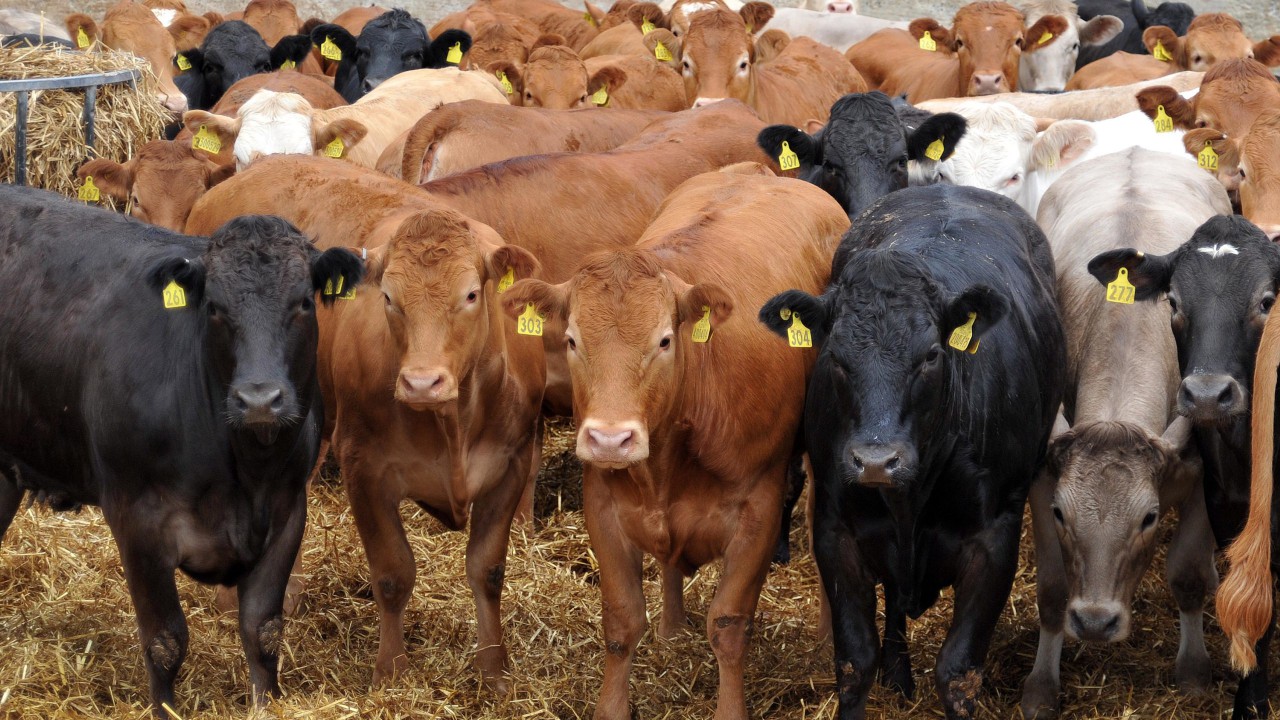“And, of course, here in Northern Ireland we have already managed to eradicate brucellosis.”
Cost of bTB eradication

“Nor do the current compensation measures take account of the upheaval caused to animals by the actual bTB testing process and the toll this takes on their subsequent performance.“bTB has upfront disease-related implication for Northern Ireland. But one also has to factor in the animal welfare challenges it poses for livestock and, perhaps most importantly of all, the emotional stress it causes entire farming families," he added. “Farmers do not want to lose cattle, particularly animals that they have bred over many generations. In many ways it is not possible to put a figure on the loss incurred by farming families in having a lifetime’s work taken away from them, through no fault of their own.”
bTB impact on farming
According to the LMC representative, bTB is also having a very negative impact on the sustainability of the farming industry as a whole. Stevenson commented: “bTB levels have remained stubbornly high for the last number of years. It’s obvious that the current programme of testing and removal of cattle is not working to eradicate this disease.“What’s more, other countries around the world are fully aware of this fact. The reality is that bTB eradication could open up better access to many new markets around the world for our beef, while also allowing us to increase our footprint across existing markets.“Beef sales from Northern Ireland to external and export markets are currently valued at £1.3 billion per annum. This figure could be enhanced significantly on the back of a successful bTB eradication campaign. “This would be a good news story, not just for farming, but for the economy as a whole.
“The goal of eradicating bTB represents a win-win scenario for Northern Ireland, from so many perspectives," Stevenson continued.
How to address the problem?
So what has to change? Ian Stevenson believes that future eradication policies must recognise that wildlife populations represent a reservoir of bTB, with badgers the most obvious infection source in this regard. He explained: “Whether it is a case of cattle giving the disease to badgers, or vice versa, is irrelevant at this stage."The reality is that both animal populations represent a source of bTB infection and, as a consequence, steps must be taken to eradicate the disease from the two groupings.“Total eradication of bTB must be our clear objective moving forward. Securing this objective will be good news for cattle, badgers and the economy as a whole," he concluded.

